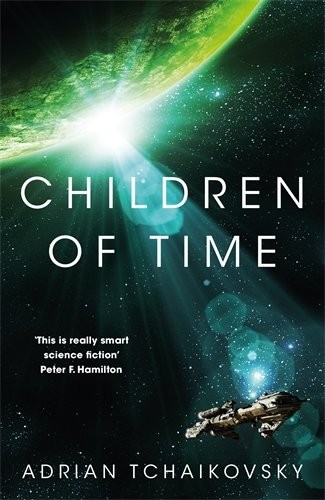I can't remember how I ended up getting this book, but from the first few pages it's already awesome 😎
User Profile
In Toronto, love a good bookshelf. The unread frontier intimidates me.
This link opens in a pop-up window
wxs's books
Currently Reading
User Activity
RSS feed Back
wxs started reading Gnomon by Nick Harkaway
wxs started reading Why I Am So Wise (Penguin Great Ideas) by Friedrich Nietzsche
the 60s are back
4 stars
This book feels like it could have been written today (modulo some dated language...). The accelerating change and "future shock" that require a more adaptive concept of learning has only continued. Postman and Weingartner argue quite convincingly for a breaking down of subject boundaries, and a question-asking and learner-oriented conception of what teaching even is, rather than a "download of information from teacher to student"
I've gotta say though that despite this being written over 50 years ago, it doesn't really seem to me as though education has moved in the direction this work calls for. If anything modern tech has instead had us push to more industrialized information-downloading (think Khan academy), the idea of a fixed subject "out there" which should be learned and on which one can be graded has stayed dominant.
So what is to be done? Are ideas like those put out here romantic and infeasible? …
This book feels like it could have been written today (modulo some dated language...). The accelerating change and "future shock" that require a more adaptive concept of learning has only continued. Postman and Weingartner argue quite convincingly for a breaking down of subject boundaries, and a question-asking and learner-oriented conception of what teaching even is, rather than a "download of information from teacher to student"
I've gotta say though that despite this being written over 50 years ago, it doesn't really seem to me as though education has moved in the direction this work calls for. If anything modern tech has instead had us push to more industrialized information-downloading (think Khan academy), the idea of a fixed subject "out there" which should be learned and on which one can be graded has stayed dominant.
So what is to be done? Are ideas like those put out here romantic and infeasible? Or were they simply ahead of their time?
wxs finished reading Teaching as a Subversive Activity (Penguin Education) by Neil Postman
wxs started reading Teaching as a Subversive Activity (Penguin Education) by Neil Postman
wxs reviewed Children of Time by Adrian Tchaikovsky (Children of Time, #1)
wxs finished reading Children of Time by Adrian Tchaikovsky (Children of Time, #1)

Children of Time by Adrian Tchaikovsky (Children of Time, #1)
A race for survival among the stars... Humanity's last survivors escaped earth's ruins to find a new home. But when …
wxs started reading Lyric philosophy by Jan Zwicky (Toronto studies in philosophy)
Reading this as homework for a retreat I'm going on
wxs started reading Children of Time by Adrian Tchaikovsky (Children of Time, #1)

Children of Time by Adrian Tchaikovsky (Children of Time, #1)
A race for survival among the stars... Humanity's last survivors escaped earth's ruins to find a new home. But when …
wxs rated Modes of Thought: 4 stars
wxs finished reading Modes of Thought by Alfred North Whitehead
This is the first Whitehead I have read. I found it to be stimulating and psychoactive, it's somewhat dense but still quite readable, based on a series of his later lectures.
I learned about the challenge of using language to describe the most basic parts of our experience, as language tends to focus on those things that change and might therefore need communicating. I learned about ontologies that include interior experience as primary things, i.e. "the sense of importance" as a fundamental part of reality. I learned about his attempts to have an ontology that more closely matches the then-new breakthroughs in the new physics, and how he tends towards the relational, with "occasions of experience" being at the core of things.






